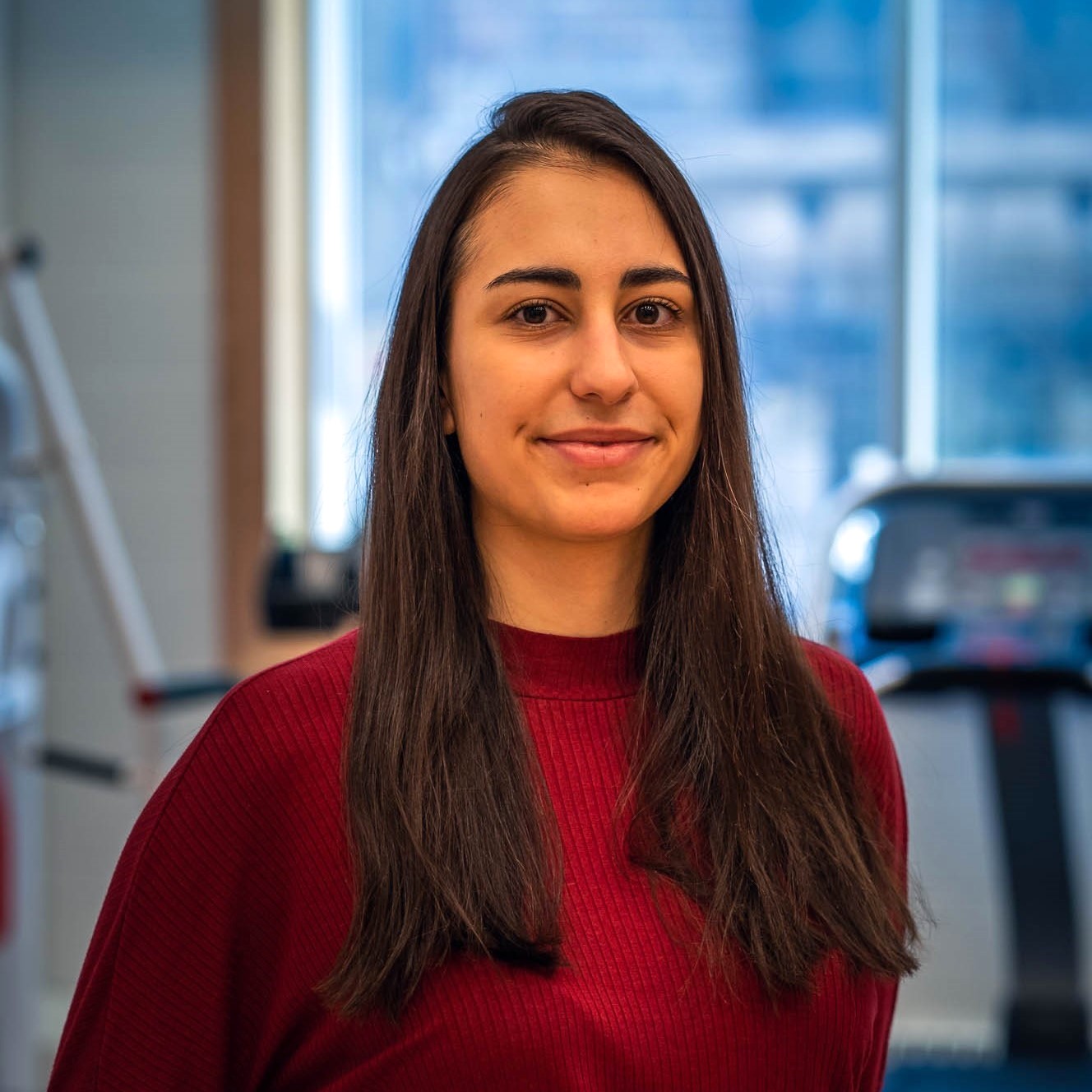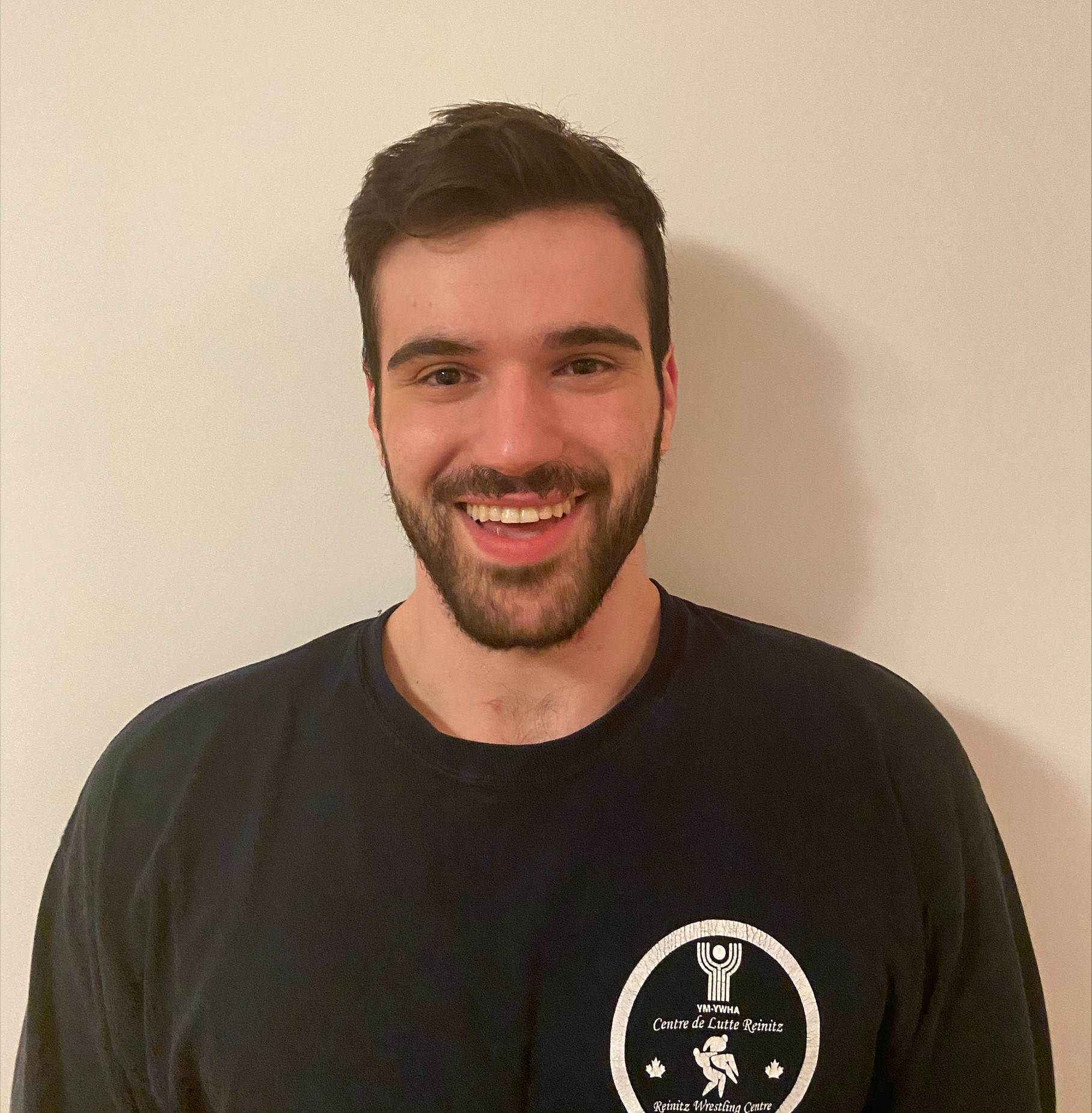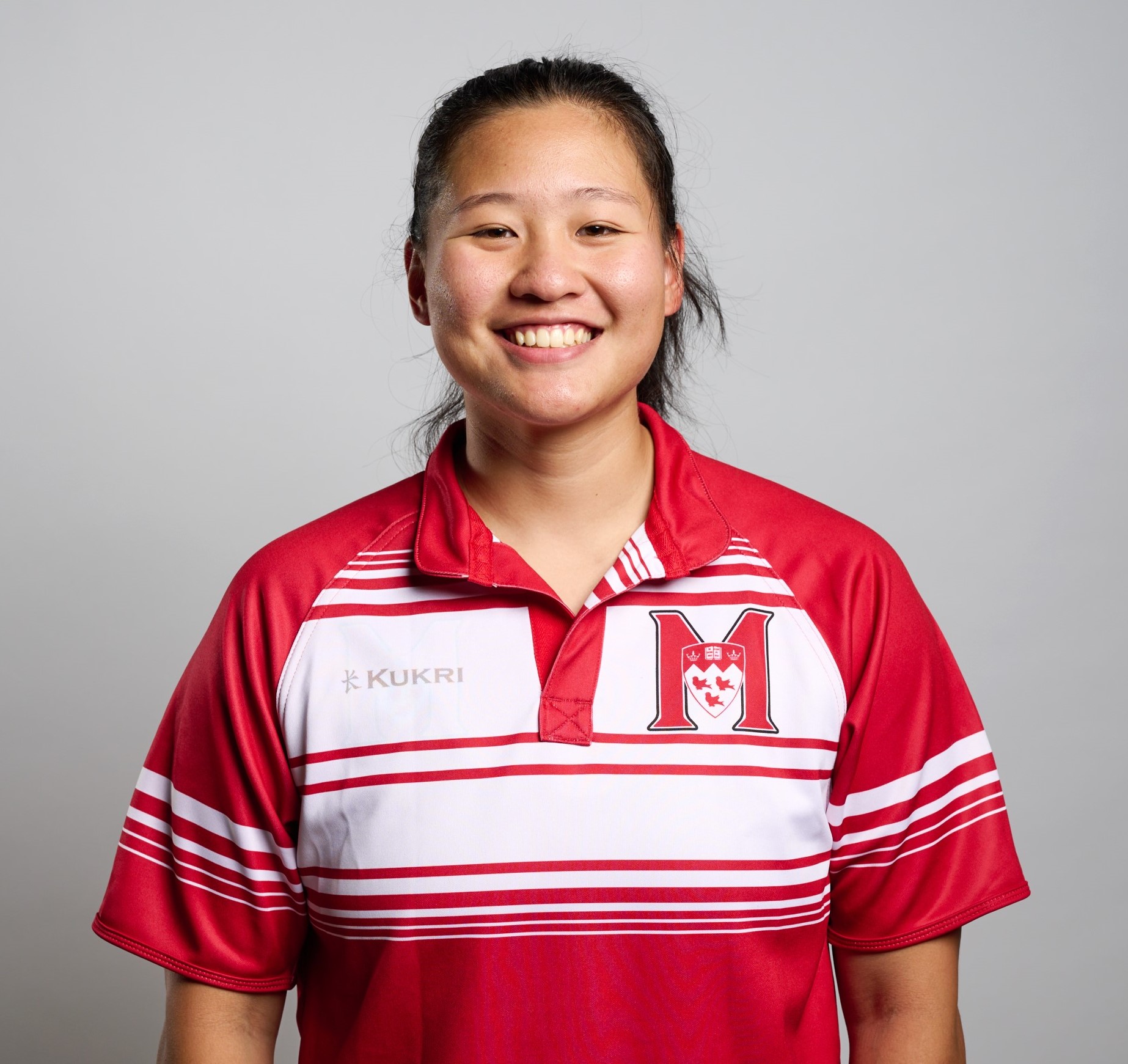In August last year, McGill’s Faculty of Education received a $29-million donation from Quebec-born entrepreneur Sylvan Adams to support the creation of the Sylvan Adams Sports Science Institute (SASSI).

The largest ever gift to a faculty of education in Canada – which Adams has since topped up to an even $30 million – the funds will be used to build a brand-new facility housing state-of-the-art testing labs, training suites, research offices, and meeting rooms, and to develop a sports science research program through the creation of research grants, scientific conferences, student fellowships, and international exchanges.
SASSI researchers will partner with those at other leading institutions. Together, McGill and collaborating scientists will focus on human performance during intense training, leveraging their respective and complementary research strengths in physiology, biomechanics, motor control, psychology, nutrition, and molecular biology.
As construction on the Pine Avenue site continues, the McGill Reporter spoke with students who are already benefitting from SASSI Fellowships about their research ambitions and what the funding support has meant for their work.
Cinthuja Pathmanathan, McGill Sports Sciences Doctoral Fellowship
Supervisor: Julie Côté

My proposed topic, “The detection of running-related injury risk through measuring coordination parameters using wearable technology in males and females,” is particularly relevant in light of the high incidence of running-related injuries, particularly among women. By investigating sex differences in running-related injuries, I plan to identify specific risk factors unique to men and women and develop targeted interventions to help prevent these injuries. My research has the potential to contribute to our understanding of running-related injuries and develop effective prevention strategies, particularly concerning sex differences, ultimately helping to improve the health and well-being of runners.
The SASSI Fellowship is a valuable source of funding support for me as an international PhD student. This fellowship provides financial assistance that helps to cover tuition fees, and living expenses, alleviating the financial burden often faced by students pursuing advanced degrees abroad. This fellowship allows me to focus more on my research studies and develop the required skills to conduct my research studies competently. This funding enhances my overall academic and research experience. Ultimately this fellowship provides the necessary resources and support to achieve my research and career goals.
This type of funding provides valuable opportunities to collaborate with other researchers and experts. It helps me gain exposure to new ideas, develop new skills, and build professional networks that can be invaluable for career advancement.
Osasuyi George, McGill Sports Sciences Master’s Fellowship
Supervisor: Dennis Jensen

For the past two years, my research focused on the recovery and rehabilitation of athletes, with the goal of expanding the impact of my findings to the general population. My master’s thesis project focused on the application of post-training blood flow restriction, also known as post-exercise ischemic conditioning (PEIC), on competitive cyclists and its ability to increase their recovery rate between high-intensity, multi-stage 20km time trials, ultimately improving their overall performance. This fascinating research has given me a better understanding of the sport of cycling and a new appreciation for our ability to continually push the limits of the human body.
The SASSI Fellowship had a significant impact on my research. The funding provided by the fellowship was instrumental in increasing my impact in the field of applied performance in endurance sports, especially in a time of uncertainty such as during the COVID-19 pandemic. The fellowship support enabled me to better advocate for the efficacy of PEIC as a non-invasive recovery strategy to accelerate recovery and improve performance in competitive athletes.
The SASSI Fellowship and other similar types of support are essential to help researchers who, like me, are passionate about their research and want to make a difference in the field of sports science. Such funding provides a platform for researchers to showcase their potential and make meaningful contributions to their field of study. It also helps to foster innovation and promote research that can lead to breakthroughs in the field. Ultimately, this form of support can play a critical role in advancing our understanding of sports science and, as a ripple effect, inspiring the public to adopt a healthier lifestyle, in the same way that innovations in F1 have both a direct and indirect impact on road vehicles.
Ada Sevinc, McGill Sports Sciences Master’s Fellowship
Supervisor: Jenna Gibbs

We know that endurance athletes are at a greater risk of bone loss and injury due to high-volume training and elevated nutritional demands. Low energy availability occurs when dietary energy intake is inadequate relative to the energy expended during sport-specific training, affecting ~31 per cent and 25 per cent of female and male athletes participating in endurance sport. Serious consequences to bone health, including lower bone size and density, and greater bone breakdown relative to bone formation, have been observed in sedentary and physically active individuals. However, few studies have explored the associations between EA, eating attitudes, and bone health in endurance-trained individuals.
My objective is to evaluate these associations in young endurance-trained individuals. As a future direction, this research will inform future exercise interventions for endurance athletes to improve their bone strength and prevent bone-specific injuries.
This funding has provided me a significant amount of relief from financial stress and allowed me to have greater focus on my research. I have experienced an increase in my research productivity which I believe is related to my improved mental and physical well-being.
This award has played a huge role in my professional and personal growth as a researcher during my Master’s degree. Conducting research in the sports science field has been a long-lived passion of mine, and this fellowship had enabled me to work on a project I enjoy and devote my best self to the research I conduct. My research experience at McGill as a SASSI award holder has opened many doors of opportunity that would take me one step closer to my career goals.
Henri Lajeunesse, McGill Sports Sciences Master’s Fellowship
Supervisor: Caroline Paquette

In my project, we are applying a treatment called Transcranial Magnetic Stimulation (TMS) on high-level runners to investigate whether it may have an effect on their athletic performance. We apply TMS to two different regions: the primary motor cortex (which initiates voluntary movements) and the dorsolateral prefrontal cortex (which has many important cognitive functions). We then ask the participant to run a 3,000-metre all-out time trial to see whether different forms of our treatment have an effect on their performance.
I specifically look at measures of cortical excitability, which will help me investigate if there is a connection between the primary motor cortex and the dorsolateral prefrontal cortex, and, if so, what is the nature of that connection.
The SASSI Fellowship has given me the opportunity to dive into my research without having to worry about any outside financial stresses. Importantly, the SASSI fellowship ensures that I can push forward my research as much as possible, focusing on making it the most in-depth research that I can.
This type of support is essential for research in our field. It allows us to try to concentrate all of our efforts towards conducting quality research. Without this kind of support, performing studies like ours would be impossible.
Ciane Fernandes, McGill Sports Sciences Doctoral Fellowship
Supervisor: Caroline Paquette

I am interested in better understanding athletes’ brains and their limits. Different factors, such as nutrition, DNA, and training level, can affect high performance. However, little is known about the role of the brain during endurance sports. Therefore, my research goal is to investigate the effect of brain stimulation on endurance runners’ performance and fatigue.
To study this, I used a technique called transcranial magnetic stimulation (TMS), which alters the brain’s excitability in different brain regions (cognitive and motor areas) and then measured the impact of the stimulation on runners’ fatigue and performance outputs.
As an international student, I did not have many options for fellowships to apply for, especially in the sports science field. The SASSI Fellowship stands out for the fact that international students are eligible to apply. It has given me the opportunity to study at a prestigious university outside of my country of Brazil.
The generous amount of funding has allowed me to dedicate myself full-time to my project without needing to look for other funding sources. I am grateful to SASSI for allowing me to continue my path and reach my dream of being a sports scientist and helping athletes exceed their limits.
Davine Yang, McGill Sports Sciences Master’s Fellowship
Supervisor: Julie Côté

My research is focused on knee stability and how sex and fatigue affect it during landing. Female athletes suffer a higher knee injury rate than males, so I’m looking into if females react differently to fatigue than males. We’re testing a sideways jump to mimic a sidestepping manoeuvre that often results in torn ACLs during practice and games in varsity athletes. Our goal of the project is to identify if fatigue affects neuromuscular control differently in females, which may help contribute to the development of new training strategies to reduce knee injury risk in female athletes.
The SASSI Fellowship has given me the support to pursue a master’s degree. It has helped me fund course enrollment throughout my degree, as well as helped me supply resources for my project.
I believe this type of support is incredibly important to help support students throughout their degree. I’m also an out of province student so tuition is more expensive, and having the SASSI Fellowship has given me financial security and removed an area of stress so I can focus on my research more clearly. I am forever grateful to SASSI for helping me in my graduate studies!

Where on Pine Avenue is this facility? And where can we get a current map of the whole McGill campus? .
Sally Sheehy